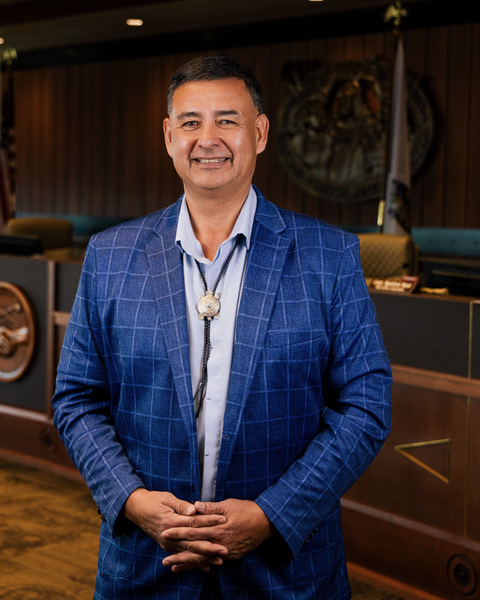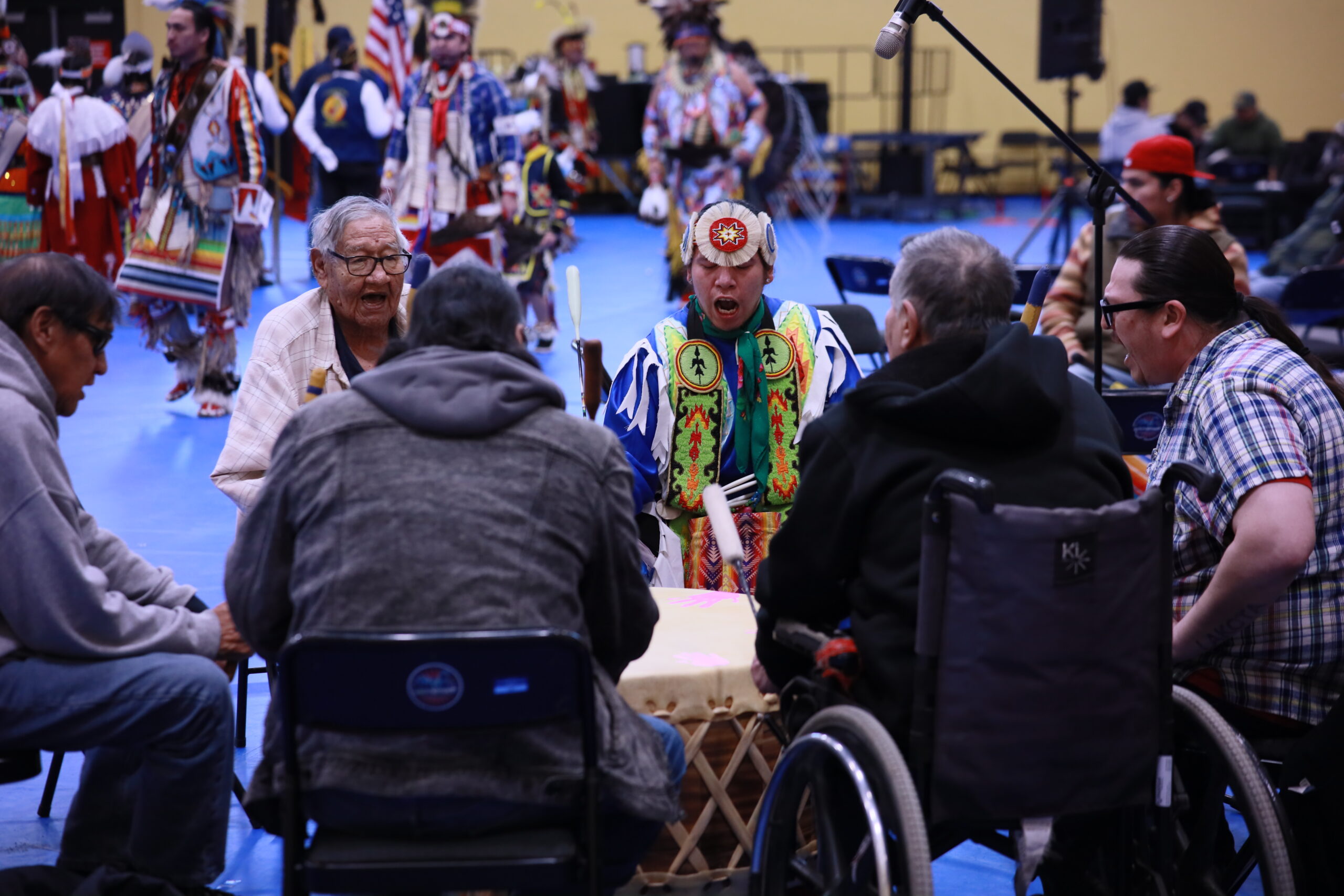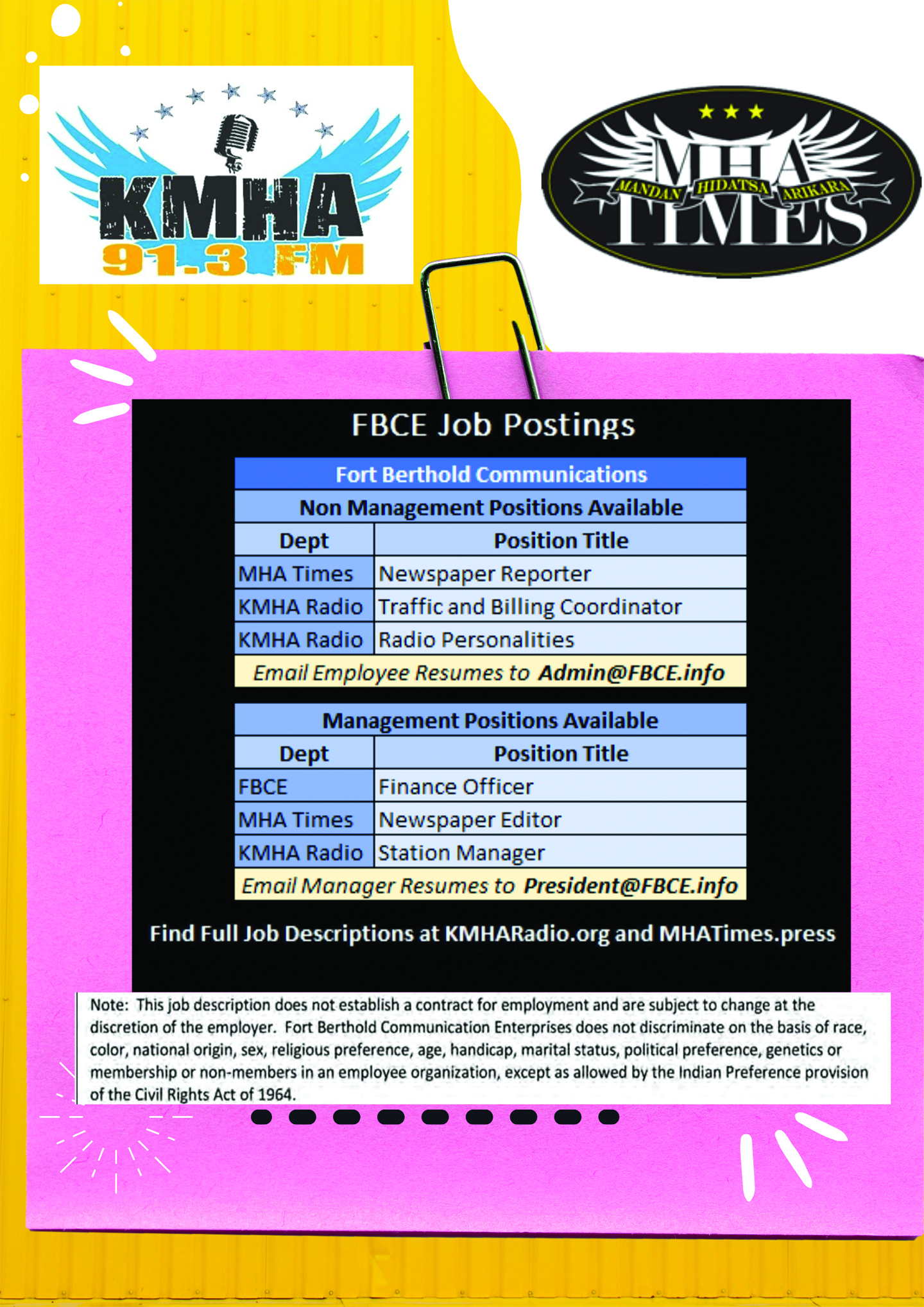Some voting bills still on the agenda for second half of N.D. legislative session National fight over ‘fraud’ vs. ‘suppression’ less pronounced here By Dylan Sherman, NDNAEF BISMARCK – Sen. Shawn Vedaa, R-Velva, said there are more voting and election related bills before the North Dakota Legislature this session than in his three previous sessions, and the...
Menu



